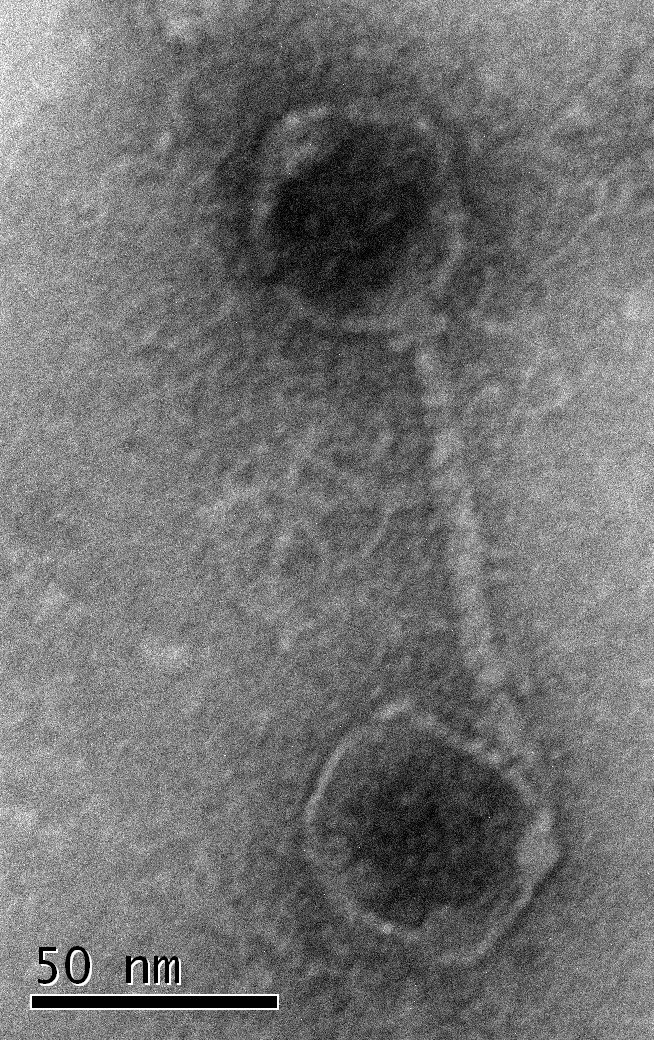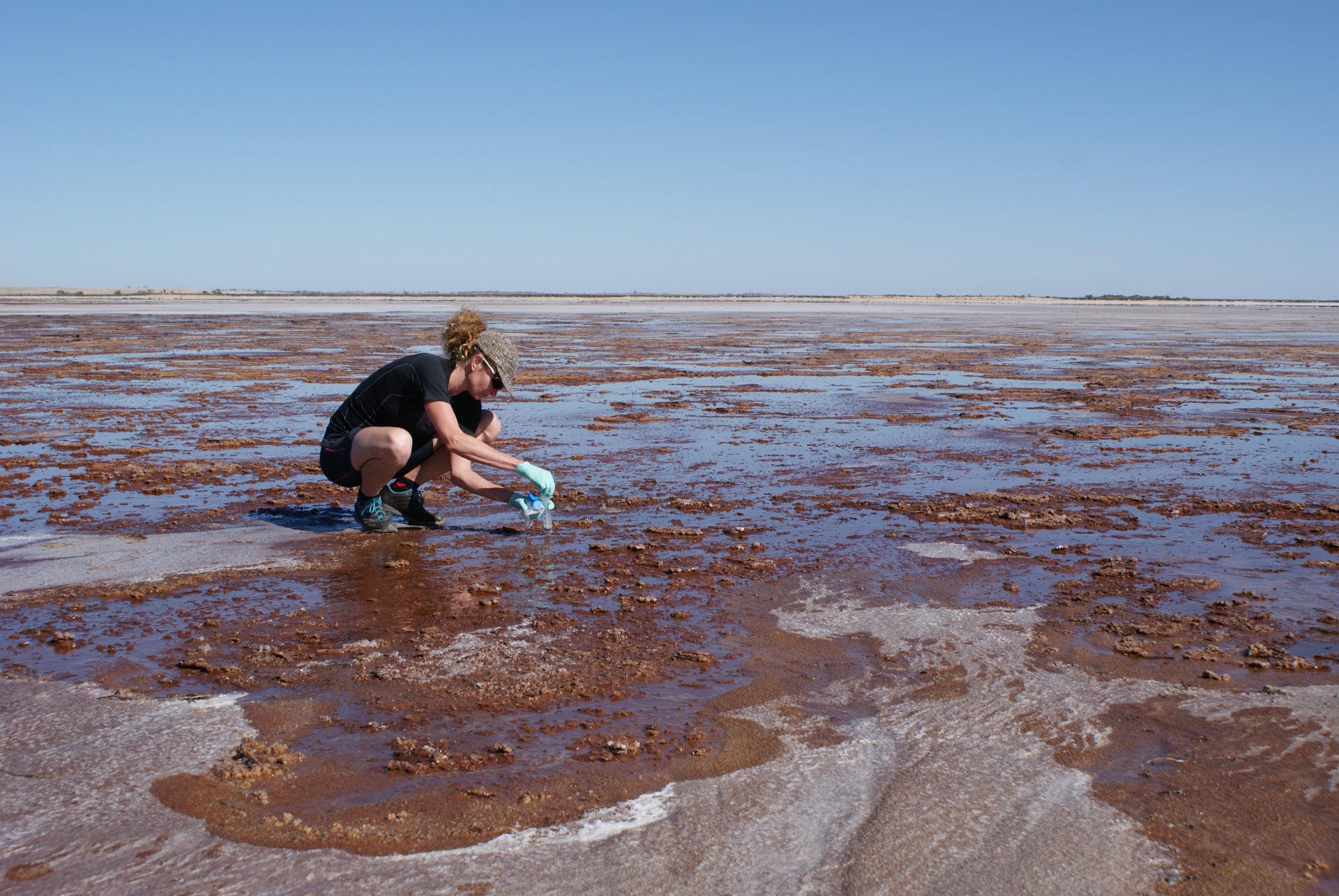- Departments
- Max Planck Research Group Archaeal Virology
Max Planck Research Group Archaeal Virology
About our research
The Max Planck Research Group Archaeal Virology, headed by Dr. Susanne Erdmann, focuses on viruses infecting archaea.
Viruses that infect members of the third domain of life, the archaea, were shown to be very distinct from viruses infecting bacteria and eukaryotes. Their discovery has opened up a new fascinating world of virology. Archaea were initially thought to inhabit only extreme environments such as hot springs, hydrothermal vents or very salty lakes (so-called hypersaline environments) and the majority of the archaeal viruses isolated to date come from such environments. However, we know today that archaea and their viruses also play a very significant role in moderate environments such as the ocean, but no archaeal viruses have been isolated from marine environments so far.
One major research focus of the new group will be the relationship of viruses with membrane vesicles. During her research of hypersaline Antarctic lakes, Erdmann discovered a new virus-like element, the so-called plasmid vesicles (PVs). These allow us to draw conclusions about how viruses might have evolved. The evolution of virus particles appears to be closely related to membrane vesicles, which are produced by all living cells and serve a range of crucial functions in cellular communication and interactions with the environment, including protection against viral infection.
The Archaeal Virology group investigates membrane vesicle formation in Archaea and the formation of plasmid vesicles and studies the interactions between membrane vesicles and viruses.

